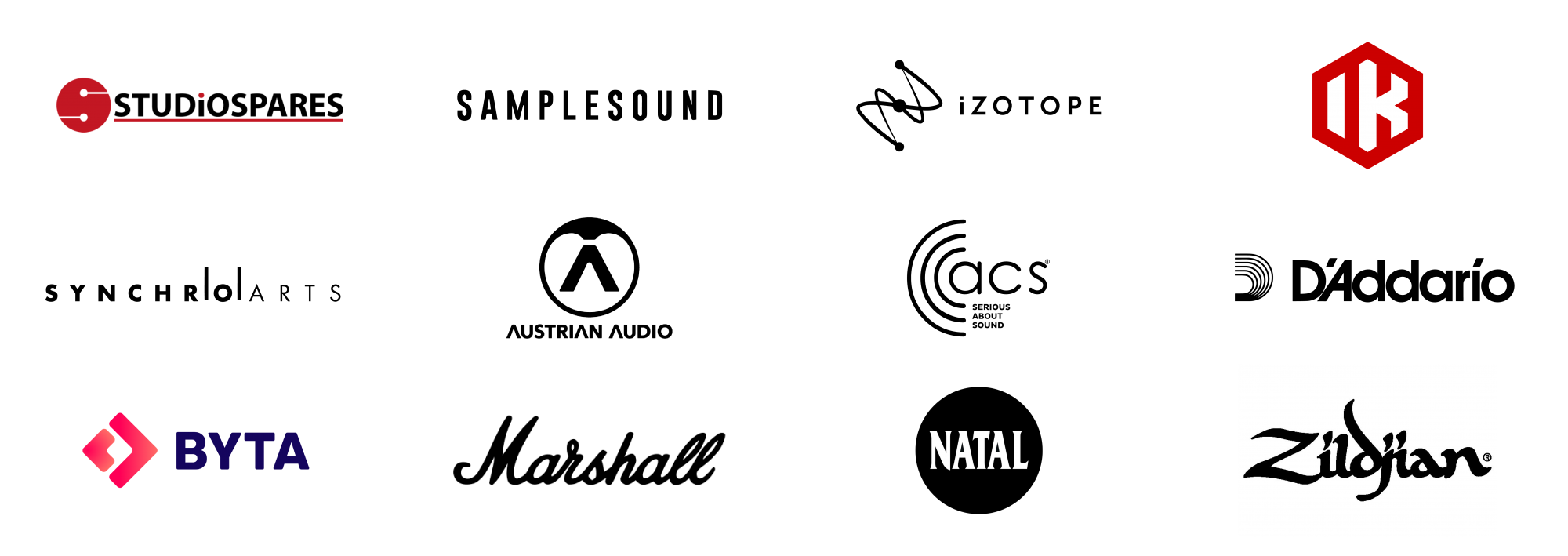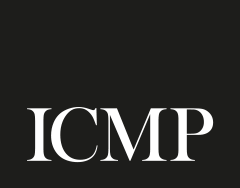Locations
London
UCAS code
Start date
15th September 2025
Course length
1 Year (2 years Part-time)
COURSE OVERVIEW
In this practice-based and highly personalised MMus Masters in Popular Music Performance course, you’ll take your already impressive musicianship and performance skills to the next level.
Whether you’ve just completed your undergraduate music degree and wish to continue immediately with postgraduate studies, or you’re keen to build upon your notable experience in the music industry, this challenging course will see you accomplish even greater proficiency on your chosen instrument.
With the ability to study the masters as either a one-year full-time or two-year part-time programme, you’ll advance your instrumental technical expertise along with your performance capabilities, critical reasoning qualities and academic research skills.
As an MMus student, you’ll be expected to work autonomously, engaging in self-directed study but with guidance and support from members of ICMP’s experienced professional faculty. Across your studies, you’ll be encouraged to identify your own personal learning requirements, select your essential resources, and design and implement a plan for achieving them.
All MMus in Popular Music Performance students are required to undertake a substantial practice-as-research performance project, which leads to the production of a significant body of recital work on your instrument. With support and supervision from a faculty mentor of your choice, you can negotiate the form this project takes – whether a written dissertation, live or live-streamed performance, video-recorded recital or more.
On top of four highly specialised core units, you can choose to study one of multiple optional modules, which include an investigation of a performance tradition, the use of music in health and wellbeing, and studies in instrumental pedagogy for prospective music teachers.
This course is sponsored by our industry partners:

Our supporting industry partners are:

Alongside generously sponsoring courses, rooms and providing equipment, our industry partners also offer ICMP students access to exclusive discounts, events and opportunities.
This dynamic course will see you collaborating regularly with the highest calibre performers in your fellow classmates. You’ll explore your leadership and musical management skills as you take on the role of ensemble musical director, culminating in a performance of challenging original and existing repertoire. You’ll also benefit from a regular schedule of visiting lecturers who’ll discuss their different approaches, philosophies and ideas with you, including musicians, academics and guests from the wider creative industries.
Music technology and digital diversity will enhance your learning experience. As an MMus student, you’ll have direct access to ICMP’s world-class facilities filled with industry-standard hardware, software and instruments, including a 24-track recording studio, high-tech Mac labs and dedicated performance spaces which can all be booked free of charge outside of class hours, seven days a week.
Ultimately, the MMus in Popular Music Performance course will take you on a journey that will change the way you think about yourself as both a musician and a person. You’ll graduate with the skills, self-reliance and motivation needed to build and sustain a successful portfolio career as a talented music professional – whichever step you decide to take next.
Financial Support
Student support for postgraduate music masters courses is available to students studying at ICMP.
Eligible students on designated masters courses at ICMP will be able to access the postgraduate masters loan in the same way, and at the same value, as they could at a publicly funded provider. Eligible students will be able to borrow up to £12,471. If you opt to study part-time, your loan would be split into two installments over the two years.
Course Fees | Programme Specification | Programme Handbook
Click to view the full terms and conditions of applying to study at ICMP.

Successful completion of the MMus in Popular Music Performance (Guitar, Bass, Drums) course leads to the award of a Masters Degree by The Institute of Contemporary Music Performance.
Experience ICMP with our
Postgraduate Open Days
Featuring information about this course, the many benefits of studying here as a postgraduate student and take a virtual tour of our facilities.
Key facts
- An advanced specialist programme equipping you with the knowledge and skills for successful employment in the music industry.
- Develop your creativity and confidence as a performer and academic with rigorous scholarship and enhanced instrumental technical ability, music literacy and performance skills.
- Engage in bespoke one-to-one instrumental lessons with an expert ICMP tutor of your choice.
- Discover your leadership and management potential as an ensemble musical director.
- Undertake personalised assessment projects that suit your talents, areas of interest and career aspirations.
- Connect with the wider London music industry to build an impressive musical network.
- The London location provides opportunities to perform in gigs at top city venues while immersing yourself in the global music scene.
- Study as one-year full-time or two-year part-time programme (UK students only).
- Apply Now

